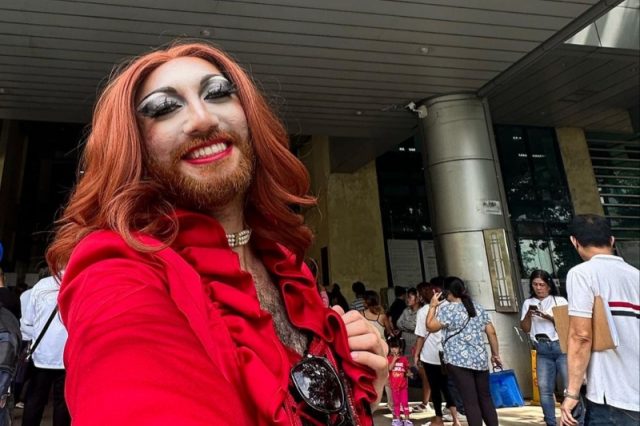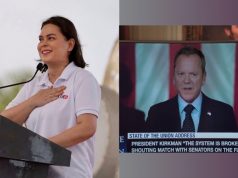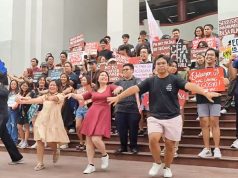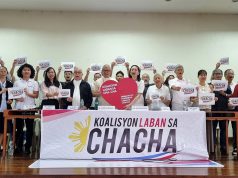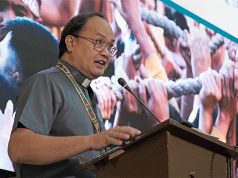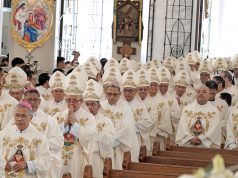Embattled drag queen Pura Luka Vega wondered if she could still enter the localities where the local government declared her persona non grata in the past weeks.
Pura expressed this in an Instagram post on September 18. Here, she also updated her followers on her court visits to Quezon City and the City of Manila, where she has pending cases.
“Manila is one of the 17 localities where the local council declared me persona non grata. I think that is a record number of PNG declarations. Although these PNGs are symbolic and non-binding in nature, I am still unsure how this will affect the services I wish to avail myself as a citizen,” she said.
“Can I even step on the premises?” she added.
View this post on Instagram
Pura, a contestant in the first season of “Drag Den Philippines,” also weighed in on the declarations.
“Dasurv ko ba talaga to? Kasi sa totoo lang parang hindi. No one deserves this. Gusto nyo i-try?” she said.
Pura was placed under intense scrutiny after footage of her performance of a remix of “Ama Namin” (Our Father) at a local bar spread across platforms.
Videos and photos of her show also caught the attention of politicians and religious groups, resulting to a firestorm of criticisms and court cases.
As of writing, Pura has been declared unwelcome in at least 17 towns, cities and provinces following the incident.
These include Laguna, Malolos in Bulacan, the City of Manila, Bukidnon, Cebu City, and the Dinagat Islands.
Protected by the Constitution
The phrase “persona non grata” means “a person who is unacceptable or unwelcome”.
Legally, however, a persona non grata declaration does not prevent an individual from entering a particular area.
According to lawyer Richard Tenorio of Tenorio Law Offices, the local resolution may only be a sentiment or political statement of the local government unit that released it.
“I think this is more of a political statement over her actions. But legally, it may have no legal effect. It can only be a declaration of the city,” Tenorio was quoted in a Philstar Life report as saying.
In a 2017 persona non grata case, an Ilocos Norte board member also said that a declaration of such was made to “manifest or express” the sentiments of a local council towards a person concerned.
A former congressman of the province was tagged as persona non grata at that time.
RELATED: Fariñas declared persona non grata by his home province
Filipinos also have the constitutional right to travel.
RELATED: Explained: Ai-Ai delas Alas, Darryl Yap as ‘personae non gratae’ in Quezon City
Section 6 of Article III of the 1987 Constitution states the following:
“The liberty of abode and of changing the same within the limits prescribed by law shall not be impaired except upon lawful order of the court. Neither shall the right to travel be impaired except in the interest of national security, public safety, or public health, as may be provided by law.”
Pura, meanwhile, has this message to local politicians who do not want her in their jurisdictions.
“In the end, I think I will be fine as long these localities, while deeming me for my art and my speech as unwelcome, are also giving their constituents their best in these truly challenging times. Yun lang,” she said.
Update on pending cases
In the same post, Pura also shared that she and her team filed their final pleading in Quezon City.
The Philippines for Jesus Movement, a group of Christians, lodged criminal charges against her in this city.
Pura also visited Manila to check for another criminal complaint filed against her.
“No further settings in QC in the meantime. We then went to Manila to verify if another criminal complaint had been filed there. Surprisingly people are welcoming. At may CR for LGBTQIA+. Toroy!” she said.
The Hijos Del Nazareno Central, a group representing devotees of the Black Nazarene in the Philippines, filed a complaint against Pura at the Manila Regional Trial Court.
RELATED: Penal code provisions: Is Pura Luka Vega’s drag performance a crime?

